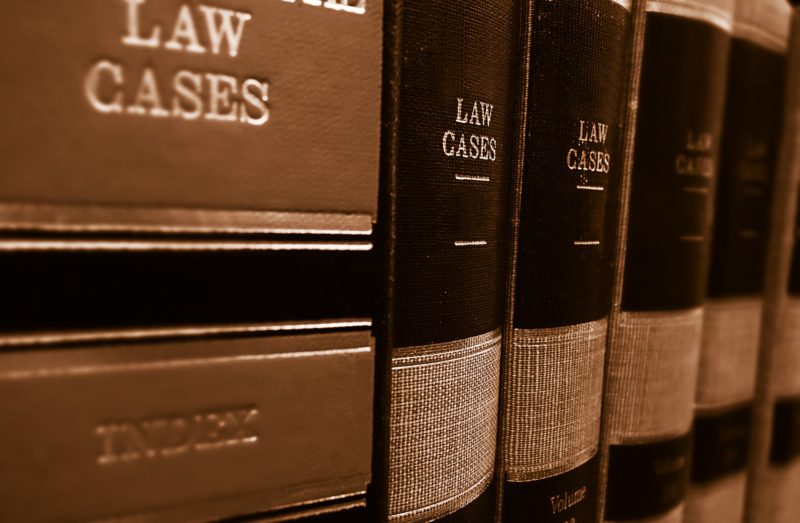One does not need to be a legal scholar to know that confidential communications between lawyers and their clients for the purpose of seeking and giving legal advice are generally privileged. The so-called “solicitor-client” privilege is a cornerstone of law and allows clients and their lawyers to freely discuss legal issues without unintended disclosures. Thus, apart from certain exceptions, Canadian courts will not compel production of privileged communications such as emails, letters and reports exchanged between clients and their lawyers for the purpose of legal advice.
For years, this special treatment did not attach to communications between clients and their patent agents. This was problematic because patent agents often provide equally strategic and sensitive advice and opinions in the specific area of patents. As a result, it was common practice to channel such communications through lawyers to shroud these under solicitor-client privilege.
Continue reading
